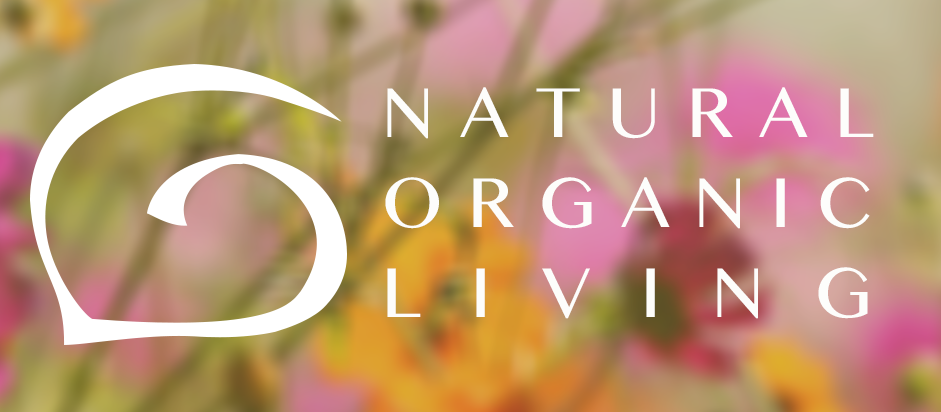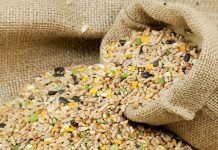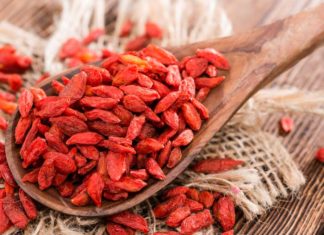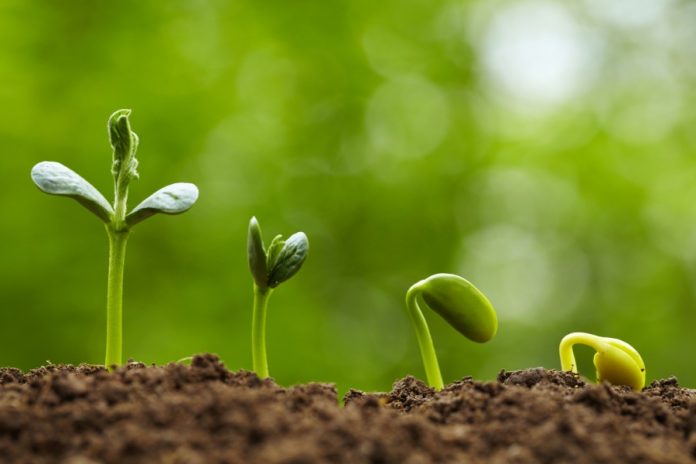
Seeds are the treasure our world; they give life to us by providing us with food, shelter and protection. But not all seeds are equal. The way it is grown is very important in its genetic makeup. A groundbreaking revolution on epigenetic in a plant has shown that information on the condition of environment and growth of its parent does pass on to its offspring. This breaking new will lead us to why organic seeds better than any other seeds.
We forget how special seeds are to our lives. Everything we consume has once been touch with a plant, some more significant than others. Without their offspring in the form of seeds, we would not continually have these option in eating healthy or unhealthy food, the abundance we have today. Unfortunately, seeds are not all equal, its resistance and quality. Your best bet is to use organic seeds.
It must be said that not all organic produce or organic farm are equal. There are varies of an organic farmer from one extreme to another. From farming using pesticide and fertiliser by the approved list to those who use natural pesticide, they grow themselves, using nature to combat unwanted result.
What is organic seed?
Organic seeds are seeds that are planted and farm by the organic way. These seeds must follow the guideline set by the certified organisational body like the Australia Certified Organic (ACO) body. Any seed from a plant on a farm that does not follow these rules enforced by these organisations is not technically organic.
Organic seed follows and uses the same principle as any organic food and vegetables. It is grown with the environment in mind follow strict guideline set up by international and national bodies and are heavily regulated by these bodies. With independent 3rd body inspection and the prohibition of synthetic fertiliser or synthetic pesticides.
On the other hand, conventional seed synthetic fertiliser and synthetic pesticide can be used. As this seed are not grown for consumption, it’s not monitored, and there is no rule, that they have to follow. Therefore the seed can be grown in an unfavourable condition.
The seed used is unchanged from pure crops are an organic seed. They come from plants that are organically grown without the use of synthetic fertilisers and pesticides. The use of sewage sludge, irradiation, and genetic engineering is also prohibited in organic seed harvesting.
Organic seeds could not come from a farm that has used any chemical substances or unsustainable methods. Production is more expensive, takes more time and effort and is usually followed by smaller farms. Therefore, organic seeds are not as widely available as commercial varieties.
Certificate of organic vegetable seeds will be given by organic inspectors, confirming that seeds are not exposed to any chemicals during development (from parent plants), harvesting seed and packaging handling.
It should be noted that an organic seed that will not necessarily be made is an organic crop. Single organic seed is produced only from the parent plant.
 Seeds unchanged from pure crops are an organic seed
Seeds unchanged from pure crops are an organic seed
In Australia, organic seeds can be certified by a few organisations: the BFA (Biological Farmers’ Association) which carries the Australian BFA logo, or the ACO (Australian Certified Organic), etc. These certification processes validate not only the growing methods of parent plants but also the stringent criteria for storage and handling
Online sources and some reliable nurseries can point to where to buy organic seed. Just make sure to check the seed packages, as they are required to have a label that guarantees that the seed is organic.
What makes organic seed more superior to conventional seeds?
Enabling offspring better survival
Plant DNA is made up of the genome which is the hardware of the DNA, and the other is epigenome which is the software of the DNA which control its expression that is its response to its environment in determining its success rate (e.g. health and yield).
With this new breakthrough in epigenetic research, it let us know that plant pass does information to its offspring to enable to it to survive like climate, pests, soil condition and pathogen. Therefore if the parent plant has been affected but unwanted insect or condition they will pass this information to its offspring in helping it to a better response to the insect when attacked. What was surprising in this research is that previous generation information it grandparent environmental condition are still pass on two-generation down. Whether its parent was or was not exposed to that specific condition this information for the past two generation is still within the offspring(seeds).
 Past generation survival information is passed down to the next generation
Past generation survival information is passed down to the next generation
In the organic concept of allowing nature to do its thing, without harmful chemical yet still producing the best product for us. Its DNA or organic seed DNA has the best chance survival rate in a natural environment like our garden. It is also good to mention that allowing the plant to be exposed to root fungal, to good and bad insect instead of killing with insecticide will give the next generation tactic or immunity to better itself.
Conventional seeds would not have this concept in mine and use poison to remove unwanted pests or pathogen and its short-term goal and effective in removing unwanted pest, but in the long term, it would have long-term damages not only to the environment, cause the seeds to be reliant to these conditions and less resilience to condition changes.
Sustainable environmental harmony
This led us to another weakness on conventional seed. Plant grown for seeds need to go through the entire lifecycle before they are harvest for its seeds. The issue with this is these seeds would have gone through pest and disease more than the food crop as they would have been on the ground longer. Because the purpose of this plantation was seeding and not for consumption, they would not have any restriction or regulation binding them. This would mean they can use unlimited pesticide and chemical to remove or unwanted pests and pathogen. The soil condition can be worsted then for consumption crop. This sad condition in soil needs to be substitute with other unnecessary substance or chemical to cater for its lack. This action does little to the environment but negatively hinders the environment.
 Nature relies on our little hand to make a difference to its future
Nature relies on our little hand to make a difference to its future
On the other hand, organic farmer including organic seeds producer is required to deal with pests and disease in a more holistic management approach. There is an understanding that pests and disease are the results of soil imbalance or poor plantation design. They opt for a more long-term sustainable solution than a quick fix by using harmful chemical or poison hence long-term damages to the environment. While the organic farmer would consider the environment and work with it, to get the best result in harvest and quality of the crop, and the environment plays an important role too. Furthermore, to be classified as organic there are strict regulation, independent testing as well as approve and unapproved fertiliser, pesticide they can use. Ensuring that farmer adhere to the environmentally sustainable and are healthy.
NON- GMO seed
There has been some bad press about the GMO, fortunately as consumer GMO seed is not available for the consumer to purchase they are only for license farmer. There are a few organisation out there who support the integrity of seed and plant like the safety seed pledge. An organisation what get organisation and individual to declare that they will not knowingly sell, distribute and trade GMO seed to the gardener and agricultural consumer. Another one is the Non-GMO project, an organisation that encourages the protection of plant genetic integrity and biodiversity of traditional bred and or heirloom seeds stock.
These are a great organisation, but there underline problem with these organisation is they do not have the force or resources to prevent genetic integrity of the plant/seed. As they cannot prevention in cross-contamination of Non-GMO and GMO, e.g. through pollination. There is no guidance there or reinforcement there. Also, there is no force to encourage the sustainable farming practice.
Furthermore, there are cases when a farmer would pass the second generation of seed who parent are GMO as non-GMO seeds. This could be concerning for consumer.
Under the certified organic body in Australia and US these concern on GMO contamination on like cross-pollination of GMO and non-GMO plant, there are set rule and guideline to address this issue. The organic certification body has more force in ensuring the quality and integrity of the plantation and seeds more so than other organisation. See that Australia certified Non- GMO standard for more information.
Contamination of seeds
As mention previously seeds breed for growing is not consume so there is no regulation on how much chemical or fertiliser or pesticides are used. Also to obtain seed the plant and seeds need to go through a full lifecycle compared to crop harvest for food. This means that the exposure to fertiliser and pesticides are more then what we as consumer consume. Hence the seed would have residual fertiliser and pesticide on it. While organic seed is safe and not exposed to harmful chemicals, fertiliser and pesticides as the commercial seeds as the organic farmer practice ensure that this does not happen.
Furthermore treated seeds are coated with anti-fungal and anti-bacterial chemicals that diminish the chance of rotting. You can feel it residual pesticide will end up on your hand as you handle the seeds. Yes, rain and water can wash most of the treated seed compound. However, a small amount will be in the seed and hence in your food. But be assured that the amount is too small and it perfectly safe to eat. Most seeds a not treated but check the label for that information. To have peace of mind, it is best to get organic seed. As they ensure that we are not exposed to any harmful chemicals, and it is adaptable to our natural organic garden.
Organic seed can be overlooked by many but understanding the natural behaviour of plant and our safety concern, for the environment and our safety, it is worth investing a little more to get quality organic seeds. Not only are we investing in ourselves but the future of our children. To read more about these type of information, please visit our site.
